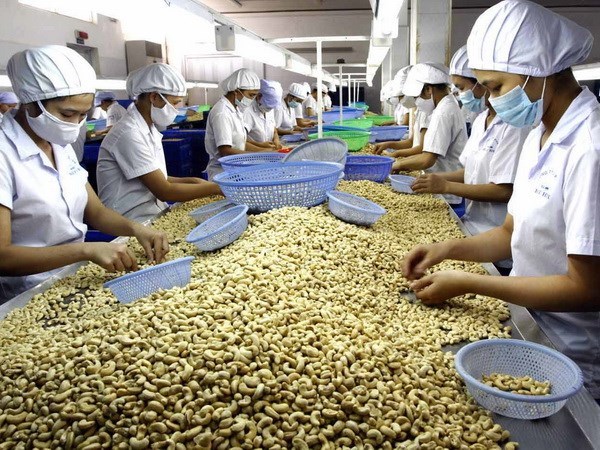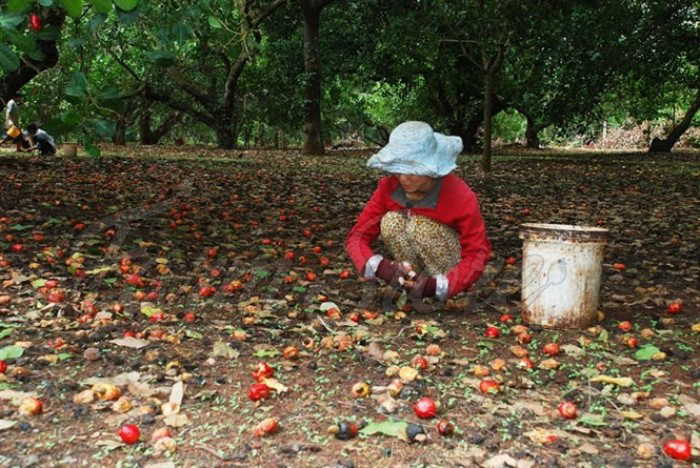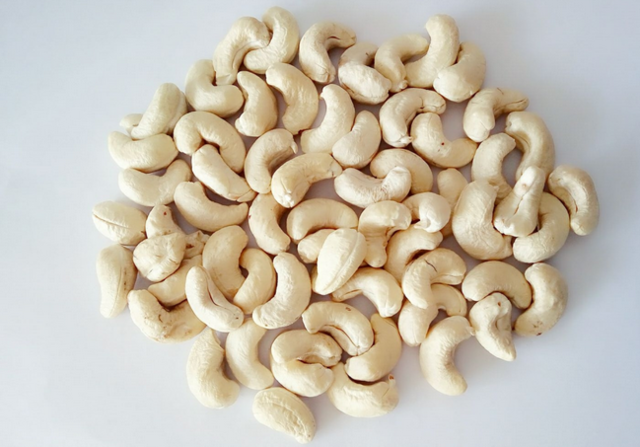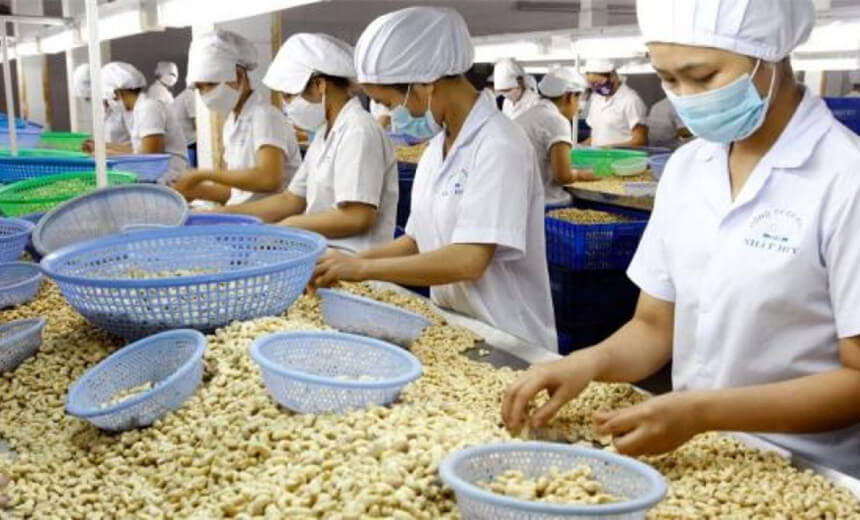
Vietnam, a country renowned for its lush landscapes, vibrant culture, and dynamic economy, has emerged as a key player in the global cashew nut market. Among the various agricultural products that contribute to Vietnam’s economic prosperity, raw cashew nuts hold a special place. The journey of cashew nuts from cultivation to export plays a pivotal role in shaping Vietnam’s position as one of the leading suppliers in the world.
Cultivation and Harvesting
Vietnam’s tropical climate and fertile soil provide an ideal environment for the cultivation of cashew trees (Anacardium occidentale). The majority of raw cashew nuts are grown in the southern provinces of the country, such as Binh Phuoc, Dong Nai, and Ba Ria-Vung Tau. The cultivation process begins with the planting of cashew trees, which typically take three to five years to mature and start bearing fruit.

Cashew trees produce cashew apples, each containing a single cashew nut. The harvesting season usually occurs between February and May, aligning with the dry season. During this time, farmers carefully pick the cashew apples and separate the nuts from the fruits. The nuts are then sun-dried to reduce moisture content, a crucial step in preparing them for further processing.
Processing and Value Addition
After the initial drying process, the raw cashew nuts undergo further processing to ensure quality and taste. The outer shell, known as the cashew shell, contains a toxic substance that needs to be removed. This process, called shelling or decorticating, is usually done manually or with the help of machines. The shelled cashew nuts are then graded based on size and quality.

Vietnam has invested significantly in modern processing facilities, incorporating advanced technologies to enhance efficiency and maintain high hygiene standards. This commitment to quality has contributed to the country’s reputation for producing premium raw cashew nuts.
Global Export Hub
Vietnam’s success in the raw cashew nut industry is further amplified by its robust export network. The country consistently ranks among the top exporters globally, meeting the demands of various international markets. The strategic location of Vietnam, with access to major shipping routes, facilitates the smooth transportation of cashew nuts to destinations worldwide.

Vietnamese exporters collaborate with international buyers, ensuring a reliable and sustainable supply chain. The global demand for cashew nuts has increased steadily, driven by the growing awareness of their nutritional benefits and versatile culinary applications.
Economic Impact and Sustainability
The cashew nut industry has not only contributed significantly to Vietnam’s economic growth but has also played a vital role in improving the livelihoods of local farmers. The cultivation and processing of raw cashew nuts generate employment opportunities, particularly in rural areas where cashew farming is prevalent.
Moreover, Vietnam has taken steps to promote sustainable and eco-friendly practices within the cashew industry. Initiatives focus on minimizing environmental impact, ensuring fair labor practices, and encouraging responsible land use. These efforts align with global trends toward conscious consumerism, fostering a positive image for Vietnamese cashew products.

